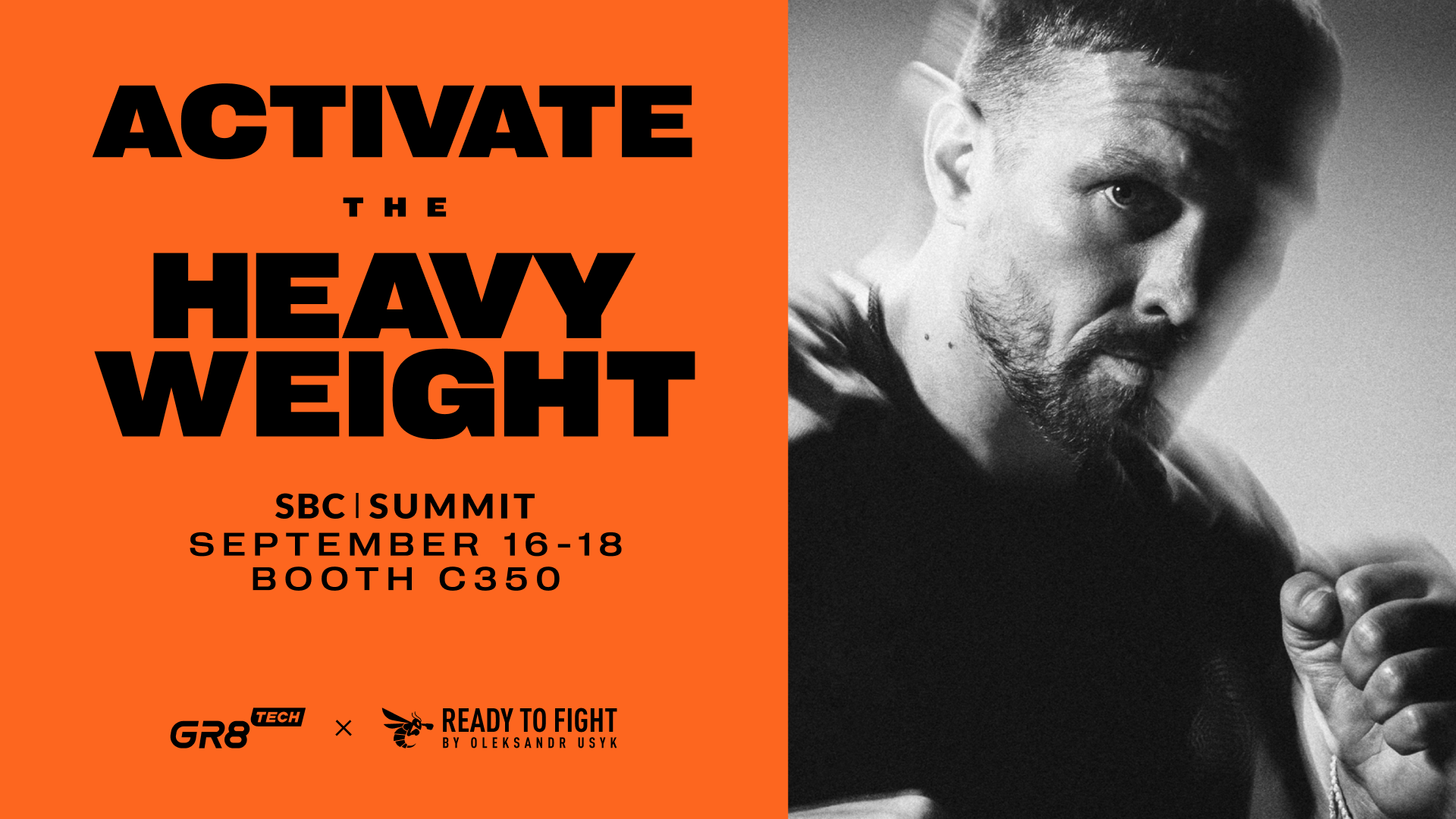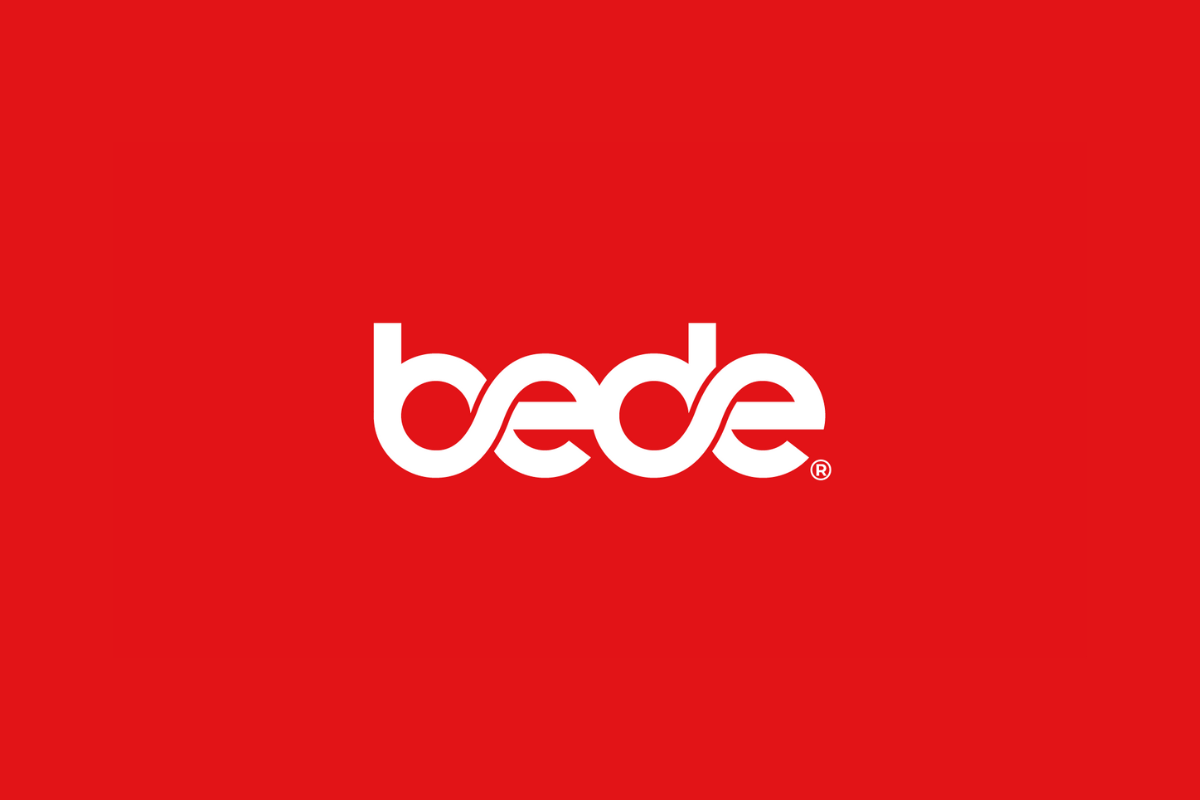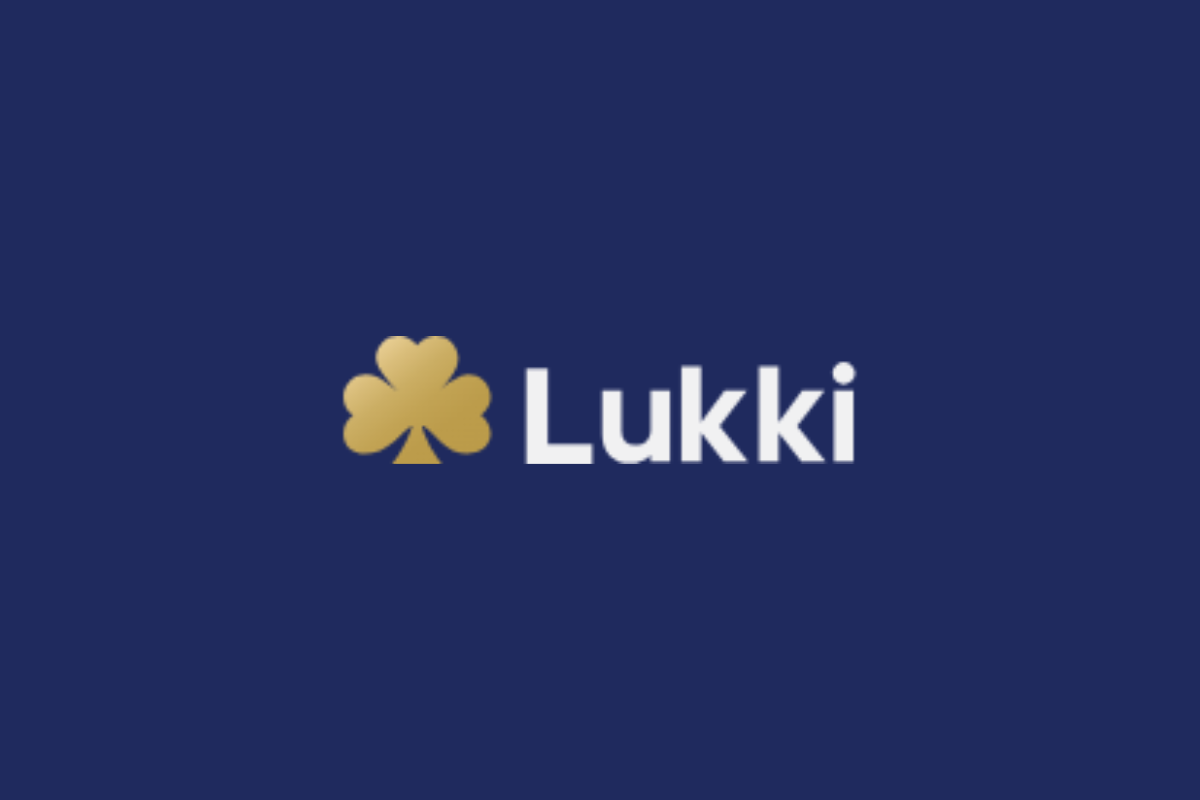Compliance Updates
Regulated markets and responsible gambling are inseparable

Working in regulated markets means operators must implement responsible gambling and social responsibility measures across the board and regardless of the cost, says Pavlos Sideris, director of Double Up Media.
In recent years gambling jurisdictions, both new and old, have significantly increased their responsible gambling regulations and frameworks; even Curaçao recently announced plans to reform its gambling legislation to include player safety guidelines for its operators.
Joking aside, from stake limits to betting budgets, reality checks and self-exclusion tools, the level of responsible gambling education, investment and, in some cases, mandatory account limits are now far-reaching in the major regulated markets.
The proponents of responsible gambling rightly recognise the harms that gambling can cause, the social responsibility operators must embody and the need for consumers to be protected from potential harmful exposure to gambling.
In fairness, the biggest UK operators have already implemented affordability checks and other responsible gambling measures and these are already impacting their revenues. But when the White Paper on UK gambling reform does get published and its recommendations are eventually signed into law, all UK-licensed operators will have to abide by the new legislation.
Stories and individual cases of problem gambling are inherently emotional, which has led, in some cases, to the sensationalisation of the issue by parts of the UK press. Those stories have also increased government and public attention, even though the current UK problem gambling rate has been relatively stable, according to the latest data from the Gambling Commission.
Critical regulation
The UK market is one of the most regulated gambling markets globally, and as in most other major gambling jurisdictions, responsible gambling is recognised as a critical aspect of regulation, inseparable through design. For the most part, operators are managed through a system of audits and fines.
However, many of the largest operators also flout their own self-proclaimed rules and statements of intent when it comes to responsible gambling, fighting money laundering or simply protecting potentially vulnerable players.
The list of UK operators that have been fined by the Gambling Commission (UKGC) is a lengthy one and includes many of the biggest operators in the country, such as Entain, which received a record-breaking £17m penalty in August 2022.
The list of infringements included serious failures in the group’s social responsibility duties. UKGC said the operator was slow to interact with players who were potentially experiencing gambling harms and cited instances of Entain allowing one player to spend £230,000 with only a single safer gambling interaction. It also allowed self-excluded players to join other Entain sites working under different brands.
To show how serious it was, the Entain case led the UKGC to state that it would not hesitate to call for the group’s licence to be revoked if similar failings were discovered at the group in the future.
“This is the second time this operator has fallen foul of rules in place to make gambling safer and crime free. They should be aware that we will be monitoring them very carefully and further serious breaches will make the removal of their licence to operate a very real possibility. We expect better and consumers deserve better,” sais UKGC.
Financial pressures
It’s important to point out that other big corporations have also been fined for serious RG and CSR failings, 888 and Betfred among them.
The UKGC is, in most cases, reactive to the market and, due to the nature of the activities it investigates, takes a long time to issue its decisions. But when major problems are highlighted, such as operators being slow to engage with customers showing high-risk behaviours, the Commission reacts, thus exposing a circular relationship between the regulated market and responsible gambling.
What it also shows is that financial pressures are relevant to even the biggest groups and they will look the other way when significant amounts of revenue are at play. Indeed, while UKGC shines a spotlight on the biggest operators, it is widely accepted that RG failures are commonplace among smaller groups.
Despite many regulated slot sites in the UK taking social responsibility and player commitments seriously, it is not always the case as many weigh up not adhering to regulations against profitability.
Inseparable
Speaking at the SBC Summit held in September in Barcelona, Maarten Haijer, Secretary General of the European Gaming and Betting Association (EGBA), highlighted the current stakeholder standpoint when he said: “I feel that whatever the percentage of gambling harm is, the focus of the operator should be safer-gambling policies and to deal with that percentage of people in a much more engaging and productive way. So I think we should let go of this idea that the percentage is relevant as an operator. Those are the operators who have a future in regulated markets.”
The debate currently is focused on ensuring new gambling regulations do not impinge too much on operators’ ability to generate profits because greater responsible gambling regulations impact businesses negatively and from a traditional accounting perspective increase costs and lower revenue.
For the UK, gambling reforms are clearly on the way and only the timing is uncertain. But with affordability checks, further know-your-customer checks, restrictions on bonusing and promotions-buy, the industry is trying to strike a careful balance between keeping players safe, not over-regulating and being able to generate profits.
In addition, a recent report by PwC highlights the link between overbearing regulations and the growth of the offshore, unrelated operators. The fact that the report’s findings coincide with the arguments with those of the gambling industry is one factor we should always be mindful of, but the need for balance and regulatory proportionality should not be dismissed either.
Still, in the modern age of internet gambling, it’s not possible to separate regulated markets and responsible gambling. The fact that operators are fined when they break the rules shows that regulation works, even if it is reactionary, or post the event. Hence, come what may, operators will be left with the choice of bearing the costs of increased regulation or leaving regulated markets altogether.
-

 Asia4 days ago
Asia4 days agoDigital gaming disruption tackled in 1st AsPac Regulators’ Forum
-
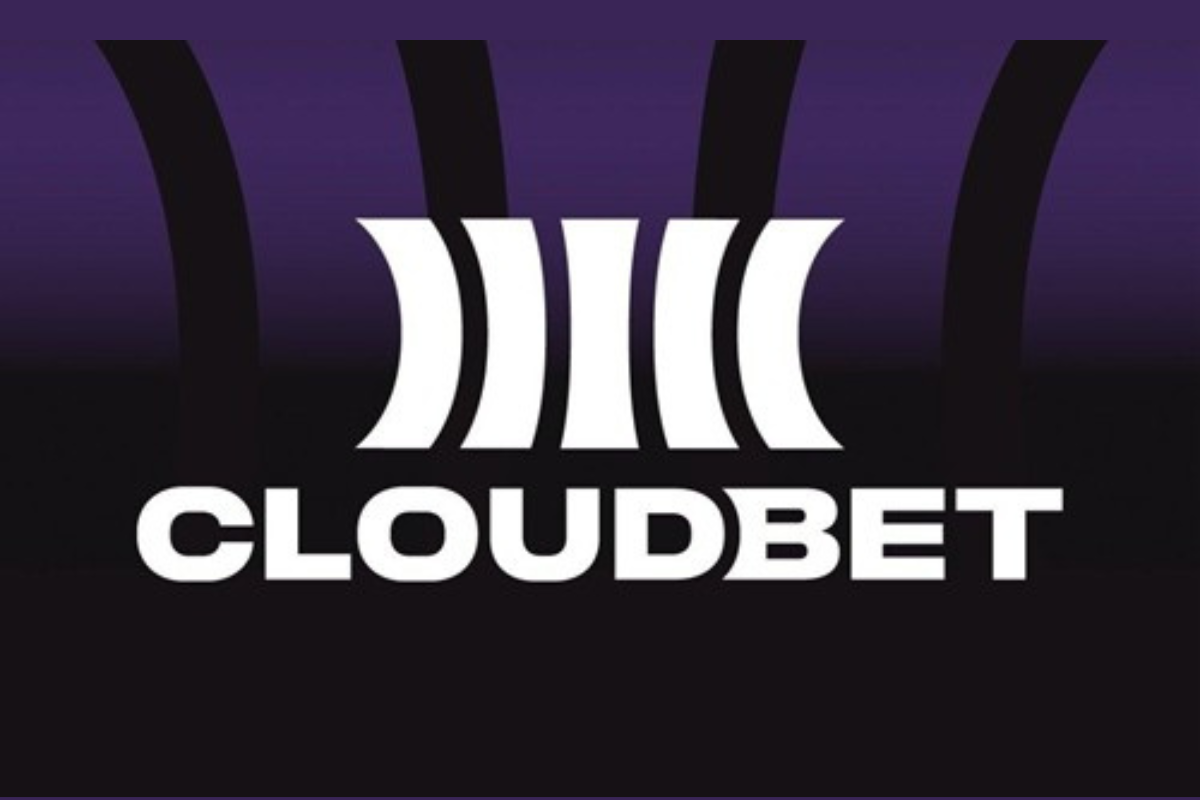
 Latest News7 days ago
Latest News7 days agoCloudbet maps regional betting trends in August–September 2025
-
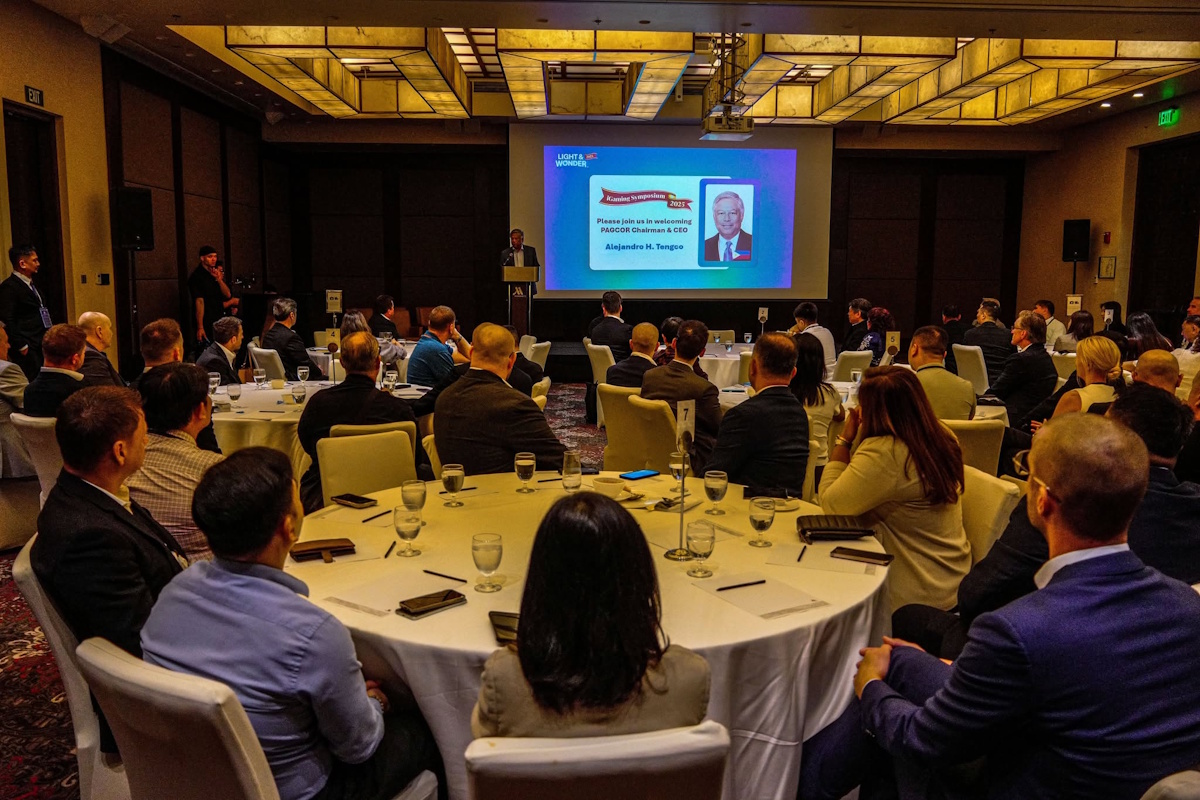
 Asia7 days ago
Asia7 days agoPAGCOR chief pushes for stricter regulation, not online gaming ban
-
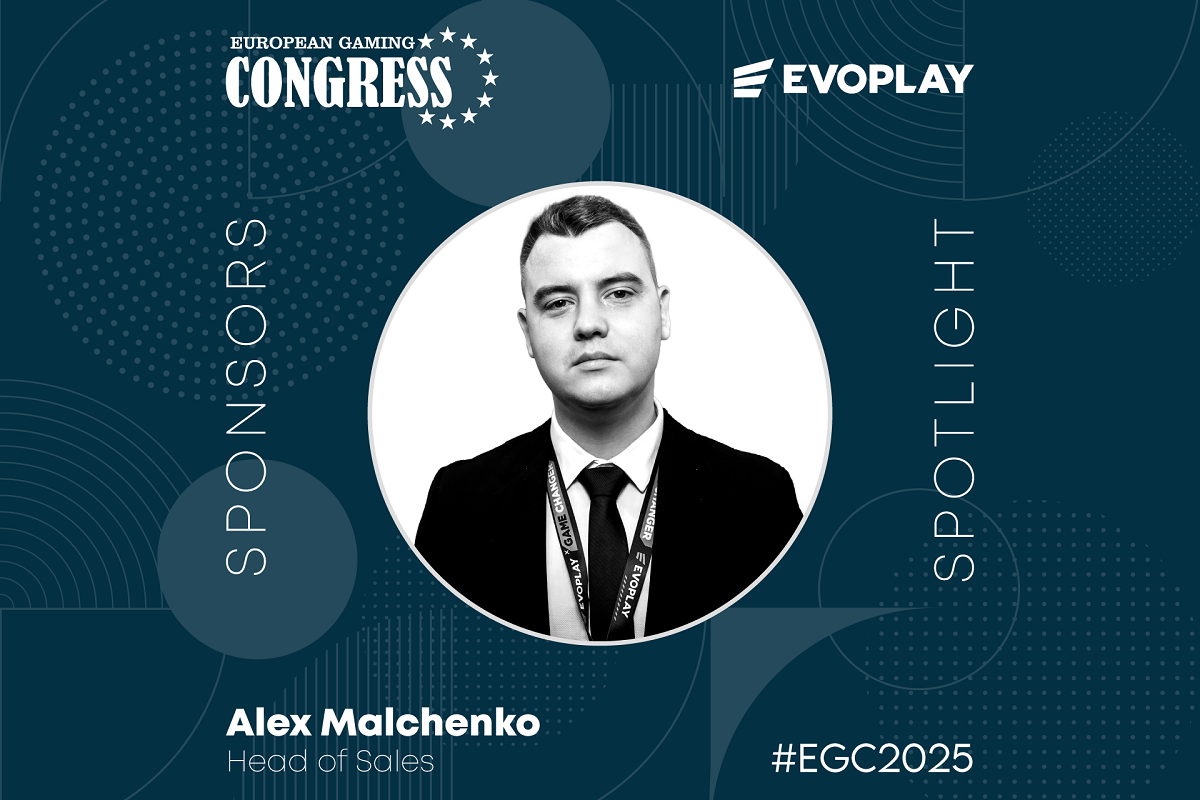
 Conferences in Europe7 days ago
Conferences in Europe7 days agoStrategies that Scale: Evoplay’s Alex Malchenko on Cracking the Code of Localised iGaming Success
-

 Conferences in Europe7 days ago
Conferences in Europe7 days agoNew Gamification Academy at SBC Summit to Present Fresh Approaches to Player Engagement
-

 Asia6 days ago
Asia6 days agoBGCS and BGMS league stages conclude; rising stars set to meet pros in the playoffs
-

 Latest News6 days ago
Latest News6 days agoHigh Roller Technologies and Flows partner to launch player engagement experiences, with technical integration complete in record time
-
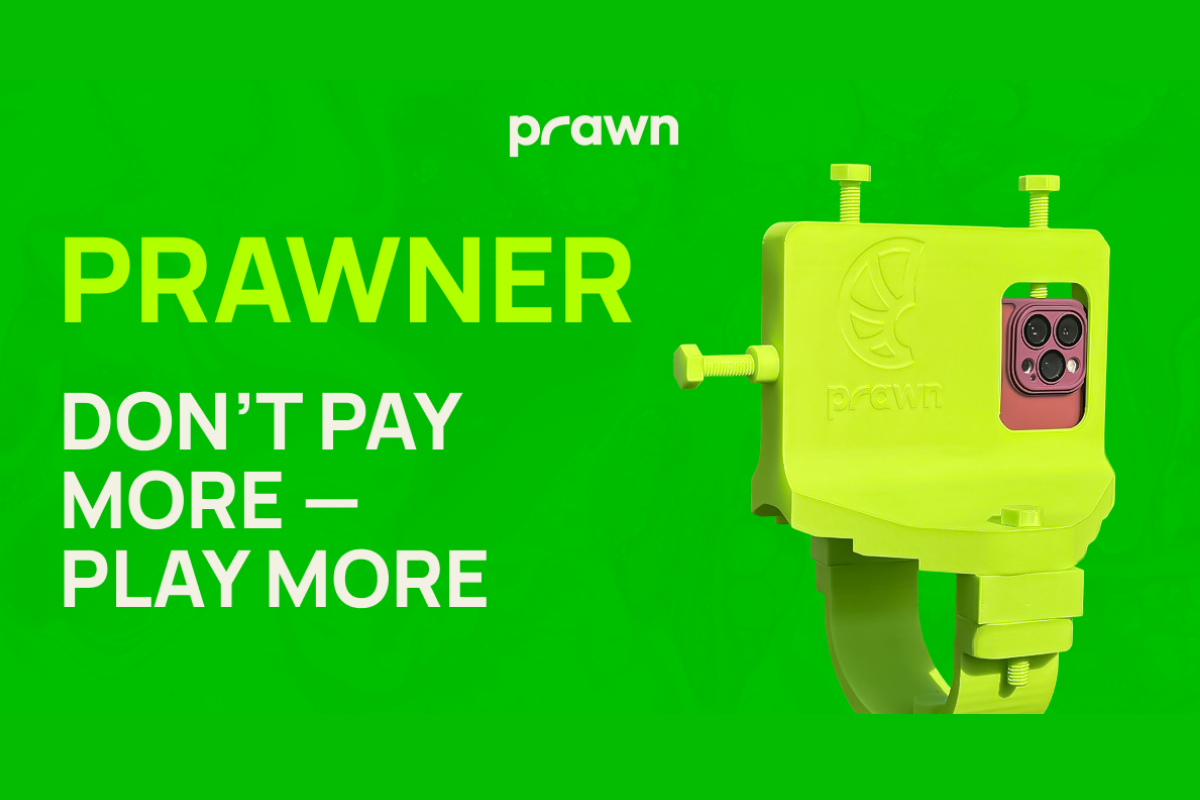
 Central Europe6 days ago
Central Europe6 days agoFootball Stats Startup Challenges Multi-Million Company With Free Publication Of Blueprints








